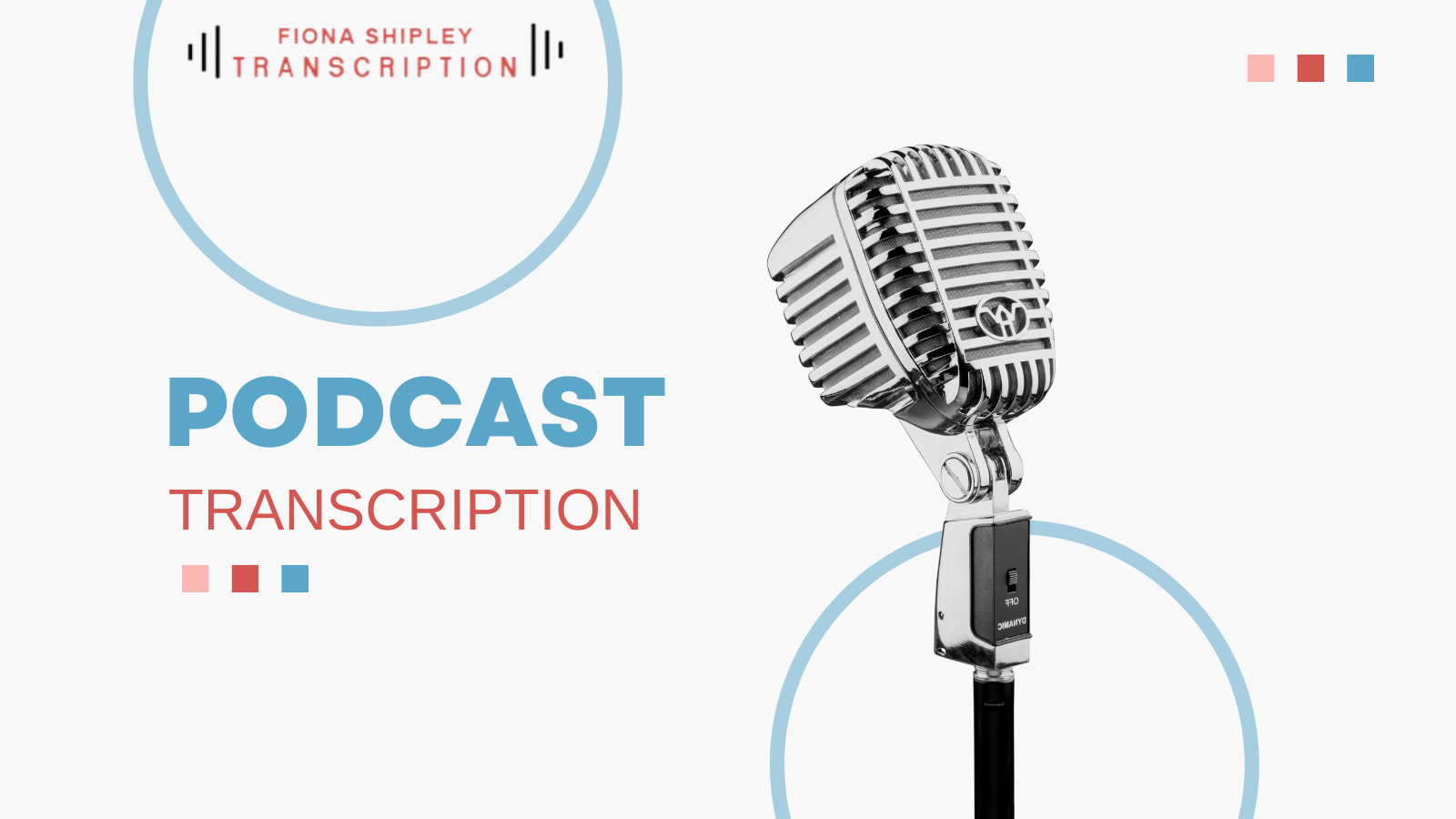Podcasts are a relatively new phenomenon.
The concept didn’t even exist at the turn of the century… The first iPod debuted in 2001, and it wasn’t until 2004, that former MTV VJ Adam Curry and software developer Dave Winer devised a plan that would enable them to download online radio broadcasts from the internet directly to Apple’s revolutionary device.
It’s thanks to a combination of factors that the world of podcasting has enjoyed significant growth in the last 20 years:
- home recording equipment and software has become more ubiquitous and affordable
- internet access has become faster and more accessible
- the growth in more niche communities seeking out specialised content on-demand
And so we’ve seen the birth of this new medium in the 21st-century that continues to gain traction.
The rise of the podcast…
Anyone who’s anyone seems to have a podcast these days. From celebrities to comedians, sports people to business people, the rise of the podcast has left barely a subject area unexplored. And this might explain why the number of listeners has increased year on year in the UK – from 8.9 million in 2017 to 21.2 million in 2022, with numbers expected to top 28 million in the next four years.
It’s estimated that there are more than 2 million active podcasts and more than 48 million active episodes just waiting to be explored… which is a huge amount of listening Time!
The business of a podcast
Even businesses are jumping on the podcast bandwagon and getting in on the action. If this is something you’re considering for your business, then providing transcripts for the podcast should be an integral part of your plan.
Beware of the legal risks…
Transcripts may not be a ‘nice to have’ in the future – they may even be legally required.
Why?!
There’s precedence…
In December last year, three of the largest platforms hosting podcasts – SiriusXM, Stitcher and Pandora – found themselves in hot water when the National Association of the Deaf (NAD) sued the trio over the lack of transcripts for people who are deaf and hard-of-hearing.
The case may end up proving to be a turning point for podcasting industry. We’ve seen this before with the NAD’s lawsuit against Netflix in 2014 pertaining to the US Disabilities Act of 1990, which forced platforms to adhere to providing captioning for all content. It appears that the NAD is going for the most significant impact by filing against platforms and not content producers, which may see transcription within podcasting platforms begin to become embedded in all content over the next 10 years.
Fiona Shipley are transcription experts!
And we’re here to provide that important transcript of your podcast. Aside from staying on the right side of potential legal requirements, podcast transcription will also enable you to:
- expand your reach – those that are deaf and hard-of-hearing will be able to access it
- be more discoverable – transcripts can help search engines find your content more easily
- repurpose your content – which helps you gain more ‘bang for your buck’… vital in the current economic climate.
To find out more about how we can help, please call us on 01737 852 225 or email alex@fionashipley.com.

